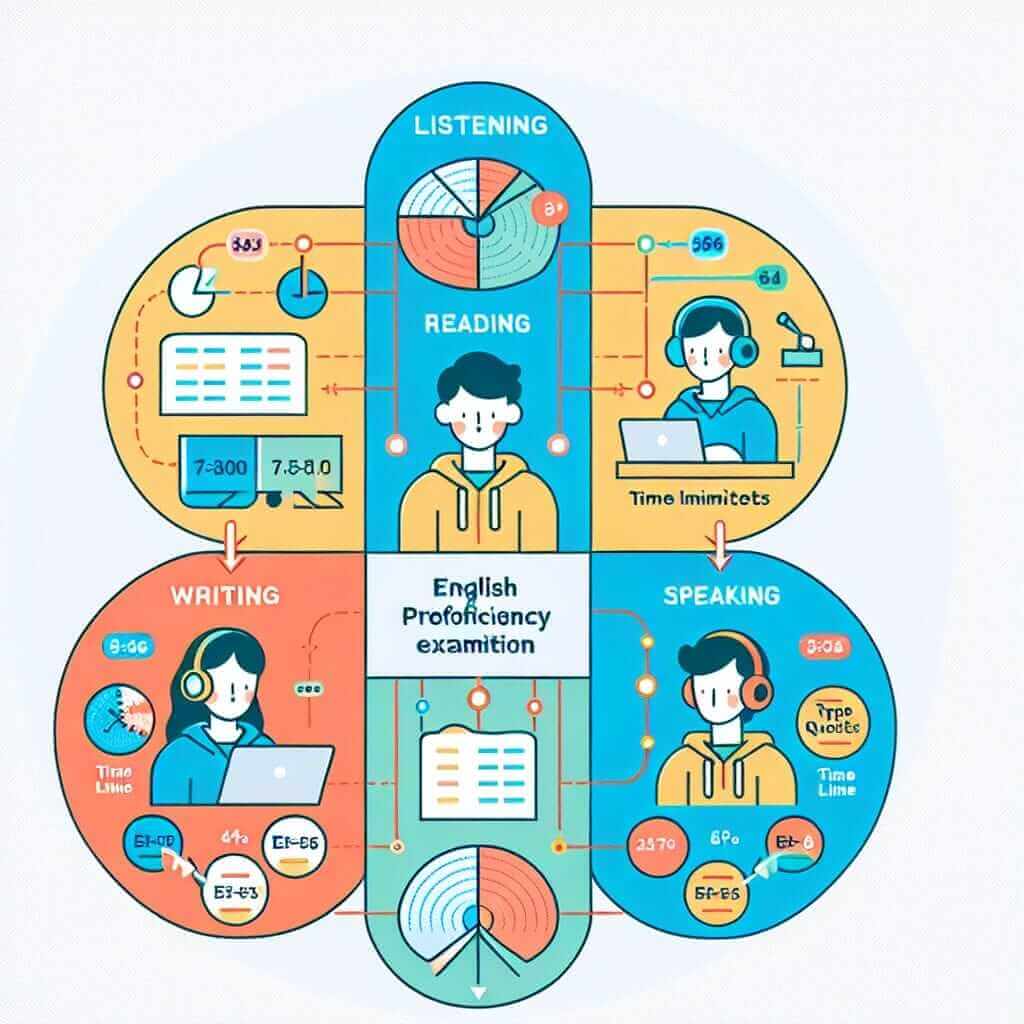“In terms of” is a common phrase in English, often used to introduce a specific aspect or perspective of a topic. It can significantly enhance your vocabulary score and demonstrate a sophisticated understanding of English in your IELTS exam. However, it’s crucial to use it accurately and appropriately.
Example Sentences:
- (Speaking Part 3): “In terms of environmental impact, electric cars are definitely a step in the right direction.”
- (Writing Task 2): “The government’s new policy will have far-reaching consequences, particularly in terms of employment and social welfare.”
- (Listening Section 2): “The museum offers a diverse range of exhibits, particularly in terms of 19th-century European art.”
These examples highlight how “in terms of” helps focus the discussion on specific aspects, indicating a nuanced understanding of the topic.
Understanding “In Terms Of” in IELTS
The phrase “in terms of” helps signal to the examiner that you are about to discuss a specific aspect or factor related to the topic. It adds a layer of organization and clarity to your language.
Frequency in IELTS: You are likely to encounter “in terms of” across various sections of the IELTS exam, including listening passages, reading texts, and even speaking prompts.
Mastering “In Terms Of”
Formula:
Subject + Verb + “in terms of” + specific aspect/factor
Breakdown:
- Subject: The main topic or subject of the sentence.
- Verb: The action or state of being related to the subject.
- “In terms of”: The phrase itself, signaling a shift to a specific aspect.
- Specific aspect/factor: The particular lens through which the topic is being viewed.
Application in IELTS Sections:
- Speaking: Use it to provide focused responses in Part 3 discussions. Example: “In terms of public transportation, the city still has a long way to go.”
- Writing Task 2: Incorporate it to analyze different facets of an issue. Example: “While technology has revolutionized communication, in terms of genuine human connection, it has also created new challenges.”
- Listening and Reading: Be prepared to identify and understand its use in various contexts.

Model Answers and Analysis
Writing Task 2 (Environment):
“Some people argue that economic growth should be prioritized over environmental protection. However, this approach is short-sighted and ultimately detrimental. In terms of long-term sustainability, neglecting the environment will lead to irreversible damage, jeopardizing the planet’s future.”
Analysis: Here, “in terms of” effectively introduces the crucial aspect of ‘long-term sustainability’ to the argument, highlighting the writer’s ability to consider different perspectives.
Speaking Part 3 (Technology):
Examiner: “What are some of the drawbacks of relying too heavily on technology?”
Candidate: “Well, in terms of social skills, I think it can make people less adept at face-to-face interactions. Also, in terms of privacy, there’s always the risk of data breaches and surveillance.”
Analysis: The candidate demonstrates a strong grasp of the phrase by seamlessly incorporating it twice to address different aspects of the question.
Advanced Usage for Higher Bands
To achieve band scores of 7 or higher, consider using synonyms or alternative phrases to “in terms of”:
- With regard to
- Concerning
- From the perspective of
- When it comes to
Example: “With regard to public health, stricter regulations are needed to curb the spread of infectious diseases.”
Common Mistakes to Avoid
- Redundancy: Don’t use “in terms of” unnecessarily when simpler phrasing suffices.
- Incorrect Prepositions: Avoid using prepositions other than “of” after “in terms.”
- Informal Context: While acceptable in casual conversation, it might not be suitable for all formal writing tasks.
Conclusion
Mastering the use of “in terms of” is a valuable asset for achieving a high IELTS score. By understanding its function, practicing its application, and exploring nuanced variations, you can effectively demonstrate your command of English grammar and vocabulary. Remember to pay attention to its usage in practice tests and strive for clarity and precision in your language.